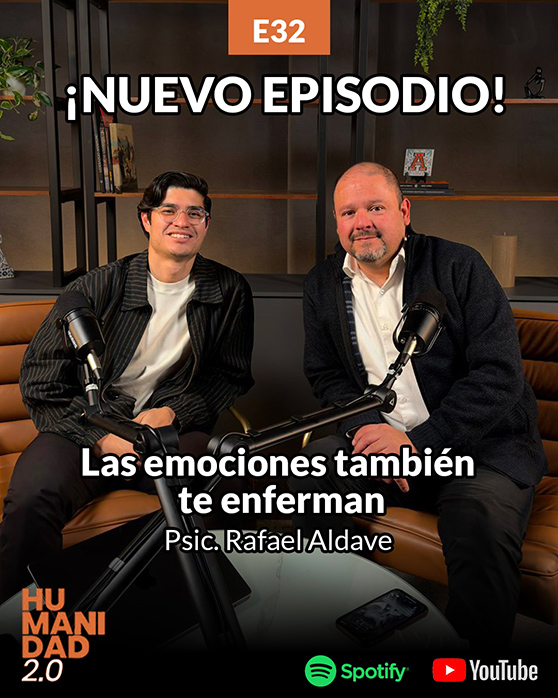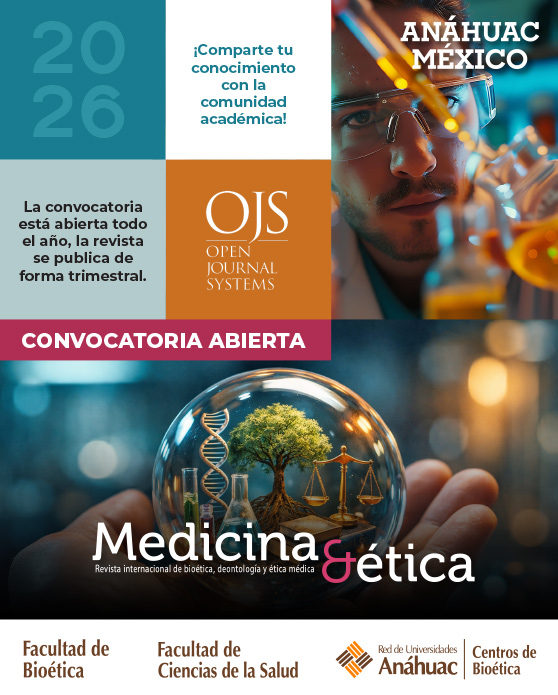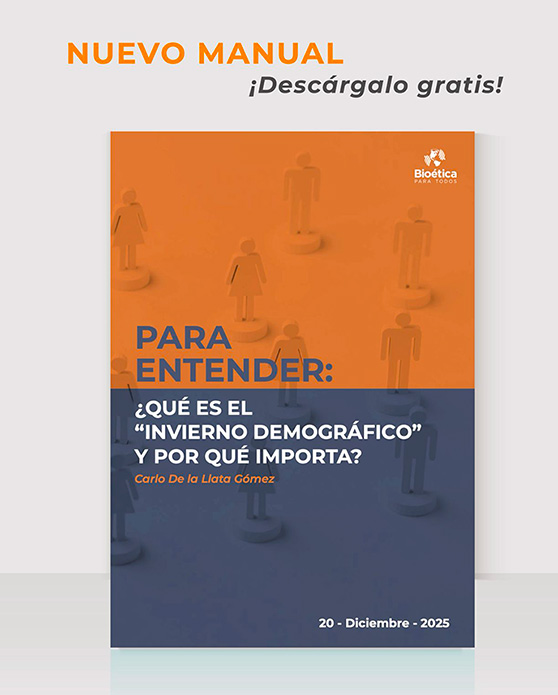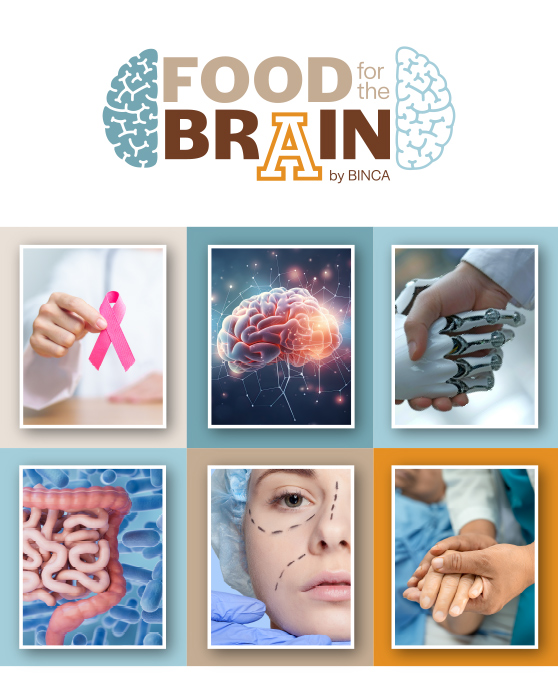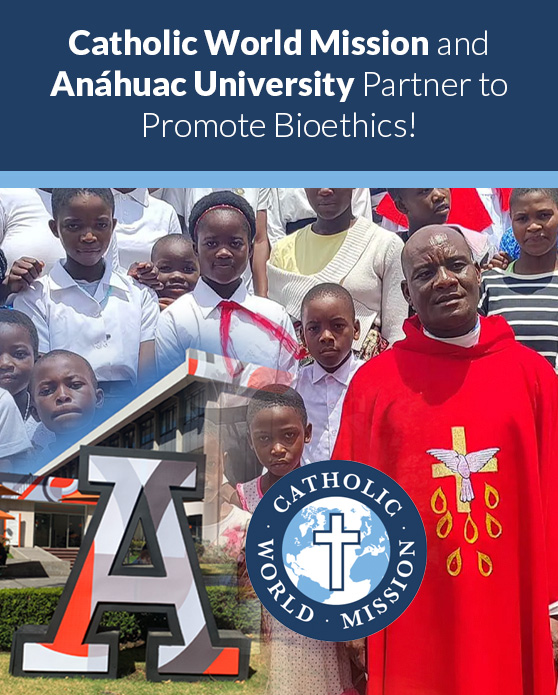
May 22, 2025
Author: Juan Manuel Palomares Cantero
Versión en Español
Introduction
Can a patient decide to die? Can a doctor refuse to obey what they consider ethically wrong? What does it really mean to talk about freedom in medicine? Autonomy, now upheld as a guiding principle in healthcare decision-making, demands deep reflection: freedom for what and from where? Autonomy is not solitary or absolute freedom; it is a responsible expression of human dignity, inseparable from its vocation to the good.
When the discourse of self-determination is emptied of moral content and reduced to a logic of individual preference, we risk losing sight of the real value of the person, treating them as just another consumer rather than a subject of care. In this context, bioethics risks becoming an ethics of consent, forgetting that not everything consented to is ethical, nor every choice dignified. Reflecting on autonomy means rediscovering its relational dimension, its grounding in truth, and its orientation to the common good. This article proposes precisely that: to show that autonomy is not power; it is responsibility.
Autonomy is not power; it is responsibility
Bioethics, promoted by Beauchamp and Childress, has placed autonomy at the center as the individual capacity to make free decisions about one’s own body. Although this perspective has been key to avoiding abuse and promoting respect for patient will, it risks becoming reductionist when disconnected from a comprehensive vision of the human being.
Autonomy cannot be understood only as self-determination. In its deepest sense, it is a responsible expression of the freedom of an embodied, relational person endowed with dignity. Therefore, informed consent should not be reduced to a signature or legal formality but experienced as an ethical accompaniment process based on the good of the patient considered in all its dimensions: biological, psychological, spiritual, and social.
The Universal Declaration on Bioethics and Human Rights emphasizes that respect for human dignity must prevail even over the exclusive interest of science or society. Hence, autonomy disconnected from truth, care, or life itself becomes dangerous: it may legitimize manipulation, institutionalize indifference, or justify decisions that contradict the ethical foundations of medicine.
Autonomy is not doing whatever one wants, but choosing what builds, dignifies, and cares. True freedom is not defined by the breadth of choice but by its orientation toward the good. In this sense, a person-centered ethic must integrate responsibility, solidarity, and the common good as guiding principles, and not turn autonomy into a refuge for individualisms that empty life and the clinical relationship of meaning.
Informed consent, a relational act, not a contract
In health systems, informed consent is key to ensuring patient freedom. However, when it becomes a mere formality or is signed without real understanding, it loses its ethical meaning and becomes empty.
Informed consent cannot be reduced to a signed document; it is a relational process demanding dialogue, listening, understanding, and truth. It is not enough for the patient to want something; they must clearly understand it and be able to deliberate freely, without coercion or misinformation.
This consent is only valid when born from a lucid awareness of the value of life and the dignity of those involved. Far from being an isolated act of autonomy, it is an expression of shared responsibility based on respect, prudence, and trust. Therefore, not all consent is ethical, nor is every medical omission justified by patient authorization.
The Universal Declaration on Bioethics and Human Rights (UNESCO, Art. 6) establishes that every intervention must be based on prior, free, and informed consent, anchored in respect for human dignity. Sgreccia points out that this process is essentially an act of care, imbued with empathy and ethical responsibility on the part of the professional. Similarly, CIOMS warns that truly ethical consent requires minimum structural conditions: sufficient information, reasonable time to decide, adequate accompaniment, and special attention to vulnerable situations.
Thus understood, informed consent is not a legal shield but a moral practice that only makes sense when framed in a vision of autonomy as mature freedom, oriented toward the good, open to care, and grounded in truth.
Limits of autonomy, when freedom becomes self-destructive
One of the most sensitive dilemmas in bioethics is the limits of autonomy. Can a person decide to die? Can a doctor help? What happens when a mother refuses a vital transfusion for her child? These cases show that autonomy, although valuable, is not absolute. As the Universal Declaration on Bioethics and Human Rights (Arts. 3.2 and 6) emphasizes, respect for human dignity and fundamental rights must prevail even against personal decisions that compromise the essential value of life.
Autonomy then enters tension with other equally fundamental principles: life, truth, justice, care for others. Human freedom is not absolute power over oneself, but a relational, finite, and responsible capacity. Being free does not mean choosing anything but knowing how to choose what builds, cares, and dignifies. Confusing autonomy with unlimited power empties it of ethical meaning.
Therefore, decisions such as euthanasia, assisted suicide, or mutilation without therapeutic cause are not ethically justified, even if consented to. What is at stake is not a simple individual preference but the intrinsic and non-negotiable value of human life. If the law detaches from its anthropological foundation, it risks legitimizing self-destructive acts in the name of misunderstood freedom.
As CIOMS reminds, even informed consent must occur within an ethical framework that protects the most vulnerable against rash decisions or those motivated by suffering. Recognizing the limits of autonomy is not denying it but safeguarding its deepest vocation: freedom for the good, for life, and for truth.
Conscientious objection, physician freedom, patient dignity
If the patient bears dignity, so does the healthcare professional. Forcing a doctor to act against their conscience—whether performing an abortion, participating in euthanasia, or in procedures considered ethically unacceptable—reduces them to a mere executor, denying their moral subjectivity. The Universal Declaration on Bioethics and Human Rights clearly recognizes that freedom of conscience must be protected as part of respect for dignity and moral diversity (Arts. 1 and 5).
Conscientious objection is not an ideological privilege but an ethical and legal right. No one should be forced to act against an informed and rightly formed conscience. Healthcare professionals cannot dissociate from their moral identity without betraying their vocation, nor become mere technicians serving others' decisions. The medical act is, above all, an encounter between people requiring inner freedom and ethical commitment.
The clinical bond must be built on mutual respect, recognizing that patient autonomy cannot override physician conscience, nor vice versa. The real bioethical challenge lies in finding solutions that ensure access to care without instrumentalizing the professional.
Conscientious objections must be regulated to avoid abuse but also protected against political or ideological pressures. A truly free society is not one imposing moral uniformity but one allowing its citizens—including doctors—to act according to conscience without marginalization. Defending this right does not mean abandoning the patient but seeking mechanisms that guarantee care without betraying the caregiver’s integrity.
Only then can a truly human health system be sustained: respectful of the dignity of all its protagonists, both the one who suffers and the one who accompanies.
Conclusion: autonomy that cares, not abandons
True autonomy is not that which demands indifference or absolute power but is lived in relation, with awareness of good, truth, and dignity. Far from being a blank check for any decision, it is a responsible freedom oriented toward care and respect for life.
Person-centered bioethics recognizes that informed consent is much more than a formality: it is an ethical encounter. It also understands that the healthcare professional’s conscientious objection is not a privilege but a right protecting moral integrity and enriching the clinical relationship.
In a culture dominated by relativism and technocracy, this vision may be uncomfortable but is urgent. Because if we want truly human medicine, we need an ethic that does not reduce the person to their decisions but accompanies them as beings worthy of care, truth, and love.
Juan Manuel Palomares Cantero is a lawyer, master’s and doctoral degree holder in Bioethics from Universidad Anáhuac, Mexico. He has served as Director of Human Capital, Director, and General Coordinator at the Faculty of Bioethics. Currently, he works as a researcher at the Academic Directorate of Integral Formation at the same university. He is a member of the Mexican National Academy of Bioethics and the Latin American and Caribbean Federation of Bioethics Institutions. This article was assisted in its drafting by ChatGPT, an artificial intelligence tool developed by OpenAI.
The opinions shared in this blog are the sole responsibility of their respective authors and do not necessarily represent a unanimous opinion of the seminars, nor do they reflect an official position on behalf of CADEBI. We value and encourage any comments, responses, or constructive criticism you wish to share.
1. Mora, F. C. U., & Tobler, C. A. (2024). Una aproximación arqueológica al concepto de justicia en los discursos de Beauchamp y Childress. Revista Colombiana de Bioética, 19(1).
2. UNESCO. (2005). Declaración Universal sobre Bioética y Derechos Humanos (SHS/EST/BIO/06/1, SHS.2006/WS/14). Organización de las Naciones Unidas para la Educación, la Ciencia y la Cultura. https://unesdoc.unesco.org/ark:/48223/pf0000146180_spa
3. Requena López, T. (2009). Sobre el «derecho a la vida». Revista de Derecho Constitucional Europeo, 6(12), 283–342. https://dialnet.unirioja.es/descarga/articulo/3263712.pdf
4. Calsamiglia, A. (1985). Sobre la teoría general de las normas. Doxa: Cuadernos de Filosofía del Derecho, (2), 373–383. https://www.cervantesvirtual.com/obra/sobre-la-teora-general-de-las-normas-0/
5. Gracia, D. (2008). Fundamentos de bioética (2.ª ed.). Madrid: Editorial Triacastela. Disponible en: https://dialnet.unirioja.es/descarga/articulo/6080124.pdf
6. Idem, UNESCO (2005)
7. Sgreccia, E. (2012). Manual de bioética. Vol. I: Fundamentos y ética biomédica (4.ª ed.). Biblioteca de Autores Cristianos.
8. Consejo de Organizaciones Internacionales de las Ciencias Médicas (CIOMS) & Organización Mundial de la Salud (OMS). (2016). Pautas éticas internacionales para la investigación relacionada con la salud en seres humanos. CIOMS. https://cioms.ch/wp-content/uploads/2017/01/WEB-CIOMS-EthicalGuidelines_Spa.pdf
9. Idem, UNESCO (2005)
10. Idem, CIOMS (2016)
11. Idem, UNESCO (2005)
12. Idem, Sgreccia (2012).
13. Idem, Gracia D., (2008).
More information:
Centro Anáhuac de Desarrollo Estratégico en Bioética (CADEBI)
Dr. Alejandro Sánchez Guerrero
alejandro.sanchezg@anahuac.mx

